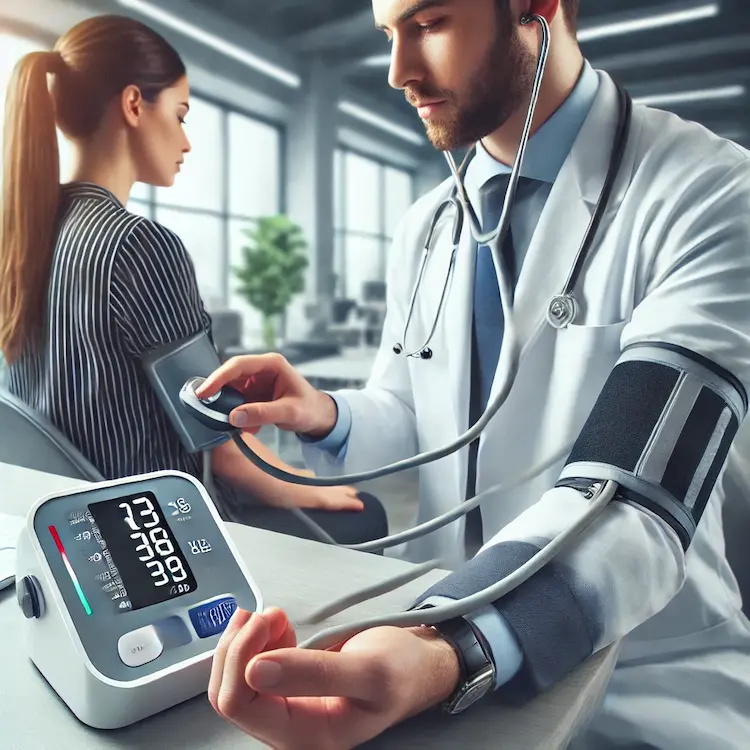Hypertension, or high blood pressure, is a major global health concern, affecting millions of people and significantly increasing the risk of heart disease, stroke, and kidney failure. Proper management of hypertension often involves a combination of lifestyle changes and medication. Sphyg, a trusted supplier of clinically proven medical equipment, provides essential tools for monitoring and managing blood pressure. This article explores the effects of different medications on hypertension, their mechanisms, and their role in improving cardiovascular health.
Hypertension occurs when the force of blood against artery walls is consistently too high. It is classified into two types:

Medications play a crucial role in managing blood pressure. They work by either relaxing blood vessels, reducing fluid retention, or decreasing heart workload. Below is a breakdown of the most commonly prescribed medications:
| Medication Class | Mechanism of Action | Examples | Common Side Effects |
|---|---|---|---|
| Diuretics (Water Pills) | Helps kidneys remove excess sodium and water, reducing blood volume. | Hydrochlorothiazide, Chlorthalidone | Frequent urination, electrolyte imbalance |
| Beta-Blockers | Reduce heart rate and output, lowering blood pressure. | Metoprolol, Atenolol | Fatigue, dizziness, cold hands/feet |
| ACE Inhibitors | Prevent the production of angiotensin II, relaxing blood vessels. | Lisinopril, Enalapril | Dry cough, increased potassium levels |
| ARBs (Angiotensin II Receptor Blockers) | Block angiotensin II from tightening blood vessels. | Losartan, Valsartan | Dizziness, muscle cramps |
| Calcium Channel Blockers | Prevent calcium from entering the heart and arteries, reducing contractions. | Amlodipine, Diltiazem | Swelling, headache, constipation |
| Alpha-Blockers | Relax blood vessels by blocking certain nerve signals. | Doxazosin, Prazosin | Low blood pressure, dizziness |
| Direct Renin Inhibitors | Block renin enzyme, reducing angiotensin production. | Aliskiren | Diarrhea, skin rash |
There is no one-size-fits-all solution for hypertension management. Physicians tailor treatments based on age, comorbidities, and risk factors.
| Approach | Effectiveness | Best For | Challenges |
|---|---|---|---|
| Medications | Highly effective, but may require lifelong use. | Patients with moderate to severe hypertension. | Side effects, adherence issues. |
| Lifestyle Modifications | It can significantly reduce blood pressure. | Mild to moderate hypertension. | Requires long-term commitment, results take time. |
| Approach | Benefits | Limitations |
|---|---|---|
| Monotherapy (Single Drug) | Fewer side effects, simple dosing. | May not control BP effectively in all cases. |
| Combination Therapy (Multiple Drugs) | More effective at lowering BP. | Higher risk of side effects, increased cost. |
Using an accurate blood pressure monitor, such as Sphyg’s clinically tested devices, helps patients track progress and adjust treatments accordingly.

Hypertension remains a leading cause of cardiovascular diseases, but medications and lifestyle changes offer effective solutions. Understanding the mechanisms, benefits, and potential side effects of antihypertensive drugs can help individuals make informed decisions. Tools like Sphyg’s BP monitors play a crucial role in tracking and managing blood pressure effectively.